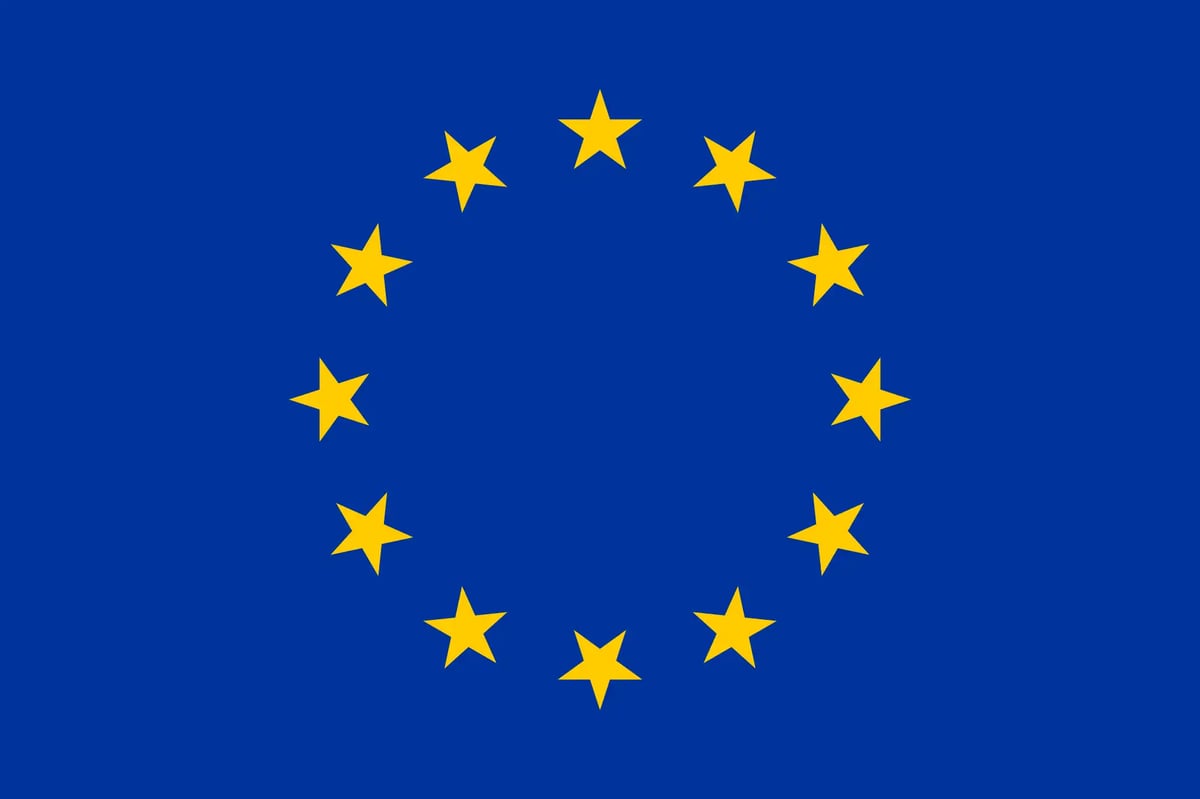The moment an employee comes to work in the Netherlands from abroad and vice versa, the question arises which employment law applies in that case. You may have to deal with different rules from different countries. This article explains which employment law must be applied when working across borders (within the EU).
Choice of law
The starting point is that in the employment contract, the parties can agree on the employment law that should be applied. This is then based on the contractual relationship, which means that based on the employment contract, this should be complied with. This is often the employment law of the country where the employer is based or where the employee works.
Objectively applicable law (Article 8 Rome I)
Despite the possibility of a choice of law, European rules have additionally been agreed on the applicable employment law to the international employment contract. This is to prevent abuse of the choice of law or can be applied if no choice of law is made. The objectively applicable law is contained in Article 8 of the European Rome I Regulation (Regulation (EC) No 593/2008).
An employee remains entitled to the (mandatory) objectively applicable employment law of the country that would have applied had no choice of law been made. It follows from the case-law that this looks at the principle of favouritism, which means that only the mandatory provisions of the objectively applicable law should be applied if they are more favourable and protect the employee better than the law of the choice of law. In this way, employee may have an advantage from different regimes.
Habitually working country
To determine the objectively applicable law, the country in which, or in the absence thereof, from which the employee habitually carries out his work in performance of the employment contract ('the habitual country of work') is looked at first. Here, it is important to note that the habitual country of work is not deemed to have changed if the employee is temporarily employed in another country, as long as it is clear that this is really a temporary period.
Country of residence of employer
The moment it is not clear which country qualifies as the habitual country of work (e.g. if the employee works in several countries and this fluctuates from period to period), the employment contract is governed by the law of the country of the establishment that hired the employee.
More closely connected
There is additionally an exception to the aforementioned rules. If the circumstances as a whole show that the contract is manifestly more closely connected with another country, the law of that other country should be applied. This involves all circumstances, including where the employee is subject to tax, where he or she is socially insured, where the employee has built up his or her family or social life, etc.
Additional protection by priority rules (Article 9 Rome I)
Regardless of any choice of law and objectively applicable law, priority rules may apply in the country where the employee is employed. Priority rules are overriding mandatory provisions, where a country attaches such importance to their observance for the preservation of public interests (e.g. the political, social and/or economic organisation of the country) that the provisions must be applied to any case falling within their scope, regardless of which law is thus otherwise applicable.
It differs from country to country which labour law regulations are granted priority status. In the Netherlands, these include the statutory minimum wage, Dutch legislation on working conditions (including the Working Conditions Act), legislation on working and rest times (including the Working Hours Act), regulations on equal treatment (including the General Equal Treatment Act), rules under the Posting of Workers by Intermediaries Act (‘Waadi’) and regulations on collective agreements (declared generally binding). The importance of the aforementioned laws is already evident from the fact that compliance is monitored by the government (Netherlands Labour Authority) and violations can also be sanctioned under criminal law. It is therefore considered of public interest that these laws are always applied to everyone working in the Netherlands, regardless of whether or not the Netherlands is the habitual country of work and regardless of whether or not the employment contract is more closely linked to the Netherlands than to any other country. The same consideration must be given to other EU member states.
The above framework makes it clear that it is not always uniform which labour law applies in the case of cross-border working. This may also vary over time. If you have any doubts about this or for example have questions regarding the hiring of employees who also work from abroad, you can of course contact us.
In the case of secondment, additional rules apply, arising from the Terms of Employment Posted Workers in the European Union Act (WagWEU). You can read more about that here.











